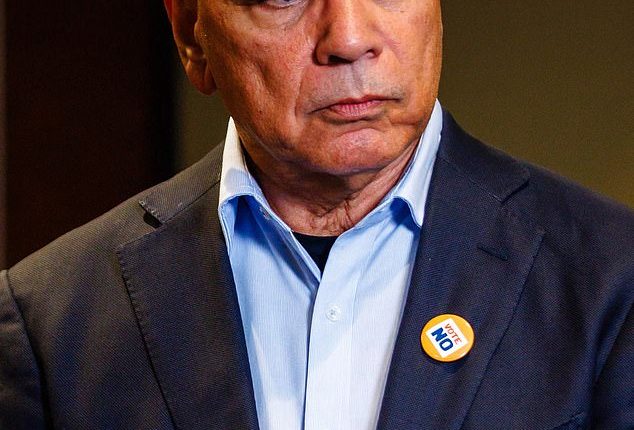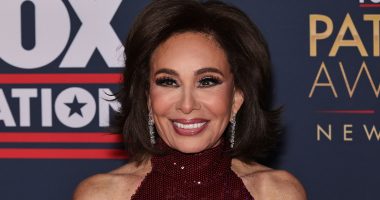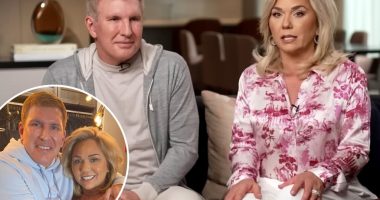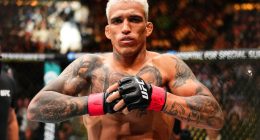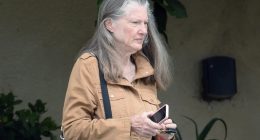A plan to expand an Indigenous advisory body in Victoria has been slammed, with critics warning it will essentially create a state-based version of the Voice.
The First Peoples’ Assembly will be permanently enshrined in legislation this year, allowing it to have a say on all laws and policies that affect Indigenous Australians, ranging from health, education, crime, and development.
Prominent Indigenous leader Warren Mundine described it as ‘nonsense’ and said it went against what Victorians voted for in the referendum.
The Voice to Parliament was shot down, with 66.1 per cent of Australians voting No in the referendum on October 14, 2023.
Victoria recorded the lowest number of No votes of any state with 54.15 per cent, while Queensland recorded the highest at 68.2 per cent, followed by Western Australia at 63.2 per cent.
‘It got voted down in Victoria by Victorians and now they are ignoring that democratic process,’ Mundine told the Herald Sun.
Premier Jacinta Allan defended the expansion of the assembly on Monday and said it was not about ‘changing the constitution’.
‘The key difference to the referendum that was put nationwide a couple of years ago, is that was about changing the constitution,’ she said.

Prominent Indigenous leader Warren Mundine described it as ‘nonsense’ with fears raised the body will pave the way to a state-based version of the Voice
‘This is not changing the Victorian constitution, it’s simply taking a common sense approach.
‘It’s sitting the First Peoples’ Assembly – an ongoing representative body – into our existing parliamentary structures (and) the significant change is it will be a body where we will be listening (and) taking on their advice.’
The assembly was initially created in 2018 to represent Indigenous Australians during the Treaty process with the Victorian government.
Official talks between the Victorian government and the assembly kicked off in November.
As well as a Statewide Treaty, there will be separate Traditional Owner Treaties in regions across Victoria to ensure ‘local knowledge can inform decision-making at a community level’.
The assembly operates like a parliament, with 33 members directly elected by Indigenous Victorians and paid at least $96,946.
Gunditjmara respected person Aunty Jill Gallagher hit back at Mundine, telling him to ‘stay in his own state’ and ‘look after his own mob’.
She said it was time for Indigenous Victorians to have more of a say.

Gunditjmara respected person Aunty Jill Gallagher hit back at Mundine, telling him to ‘stay in his own state’ and ‘look after his own mob’ (stock image)
‘The most important thing is we have an independent voice, which can start making and monitoring government policies and hold them to account,’ she said.
She argued the Voice referendum was politicised and awash with ‘misinformation’, stating that if Victorians fully understood what they were asking for, they would have supported it.
Minister for Treaty and First Peoples Natalie Hutchins told The Herald Sun the permanent assembly was a practical way for Aboriginal people to have a say about the policies that impact Aboriginal health, housing and education.
‘If you listen to the people directly affected by policies, you get better outcomes – that’s common sense,’ she said.
